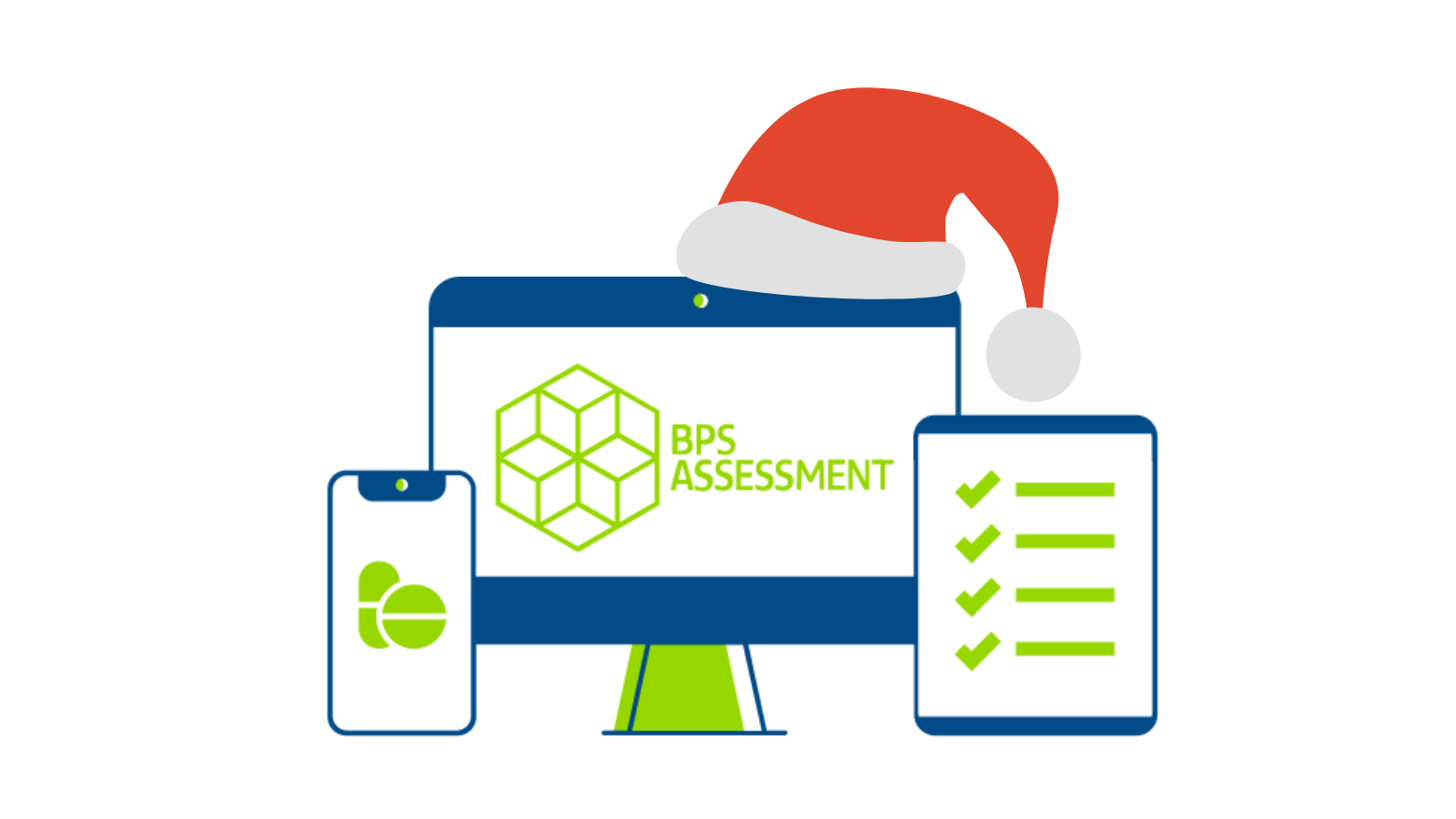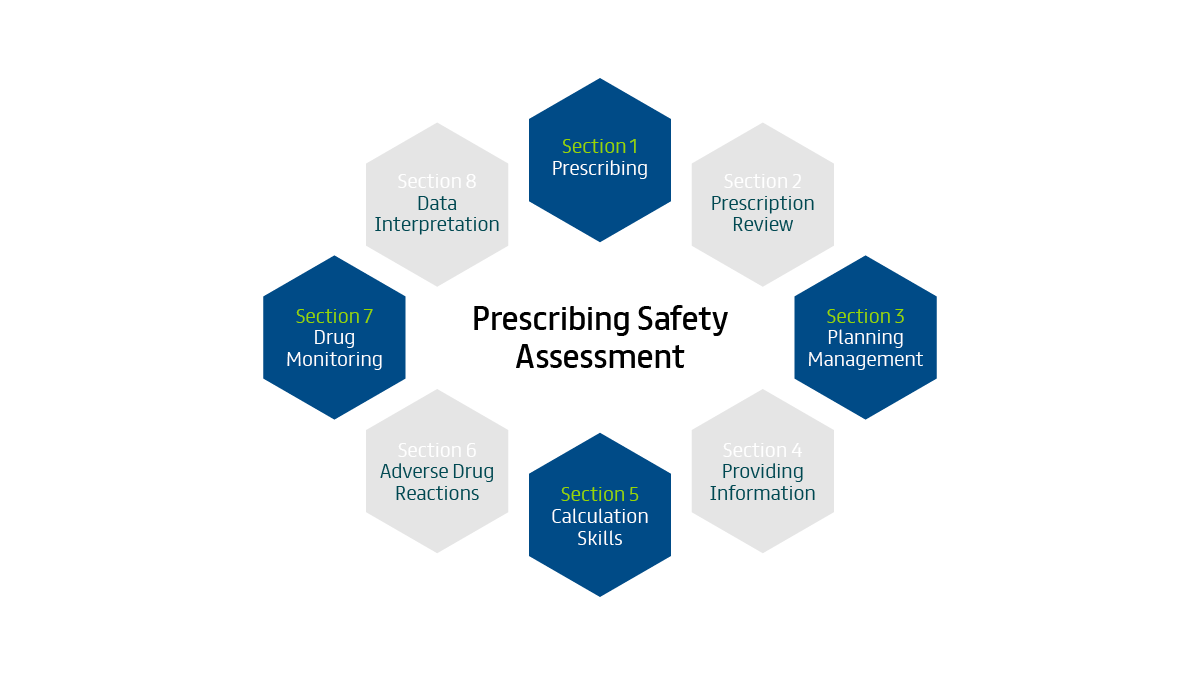Mastering the PSA: A Comprehensive Guide to Exam Preparation
Preparing for the Prescribing Safety Assessment (PSA) is a pivotal step in the journey of medical students and foundation doctors. Healthcare professionals must demonstrate proficiency in prescribing medications safely and effectively and making thorough preparation is essential for success. In this comprehensive guide, we’ll explore everything you need to know to master the PSA and excel on exam day.
Understanding the PSA
First and foremost, it’s crucial to familiarise yourself with the structure and content of the PSA. The exam assesses a wide range of prescribing skills, including, therapeutic principles, and clinical reasoning. By understanding the exam’s format and objectives, you can tailor your study approach accordingly. Take a look at some of our blog ‘PSA sections explained’ which go into more detail about the exam structure.
Gathering Resources
Next, gather a variety of study materials to support your preparation. Utilise official PSA resources, such as practice papers, to familiarise yourself with the types of questions you’ll encounter on the exam. Additionally, consider supplemental resources such as online videos, forums and eLearning modules such as PSA Prep to deepen your understanding of prescribing principles.
Developing a Study Plan
With a wealth of resources at your disposal, it’s essential to develop a structured study plan to maximise your preparation time effectively. Allocate specific time slots for reviewing different topics, practising questions, and taking simulated exams to replicate the real-time pressures. Break down your study sessions into manageable chunks to maintain focus and prevent burnout.
Practising Questions
Practice makes perfect when it comes to mastering the PSA! Dedicate ample time to practising exam-style questions and make good use of the freely available practice papers on the official PSA site. Analyse your responses carefully, identifying areas of weakness and addressing them through targeted review and practice.
Simulating Exam Conditions
As exam day approaches, it’s crucial to simulate real exam conditions to familiarise yourself with the pressure and time constraints you’ll face. Set aside time to complete full-length practice exams under timed conditions, replicating the experience of the actual PSA. This will help build your confidence and ensure you’re well-prepared for the rigours of the exam.
Seeking Support
Finally, don’t hesitate to seek support from peers, mentors, and educators as you prepare for the PSA. Collaborate with classmates to review challenging concepts, seek guidance from experienced professionals, and take advantage of any available support resources offered by your institution.
Mastering the PSA requires dedication, diligence, and strategic preparation. By following this comprehensive guide and implementing effective study strategies, you can confidently approach the exam and showcase your prescribing proficiency with success. Remember to stay focused, stay motivated, and believe in your ability to excel. Best of luck on your PSA journey!









